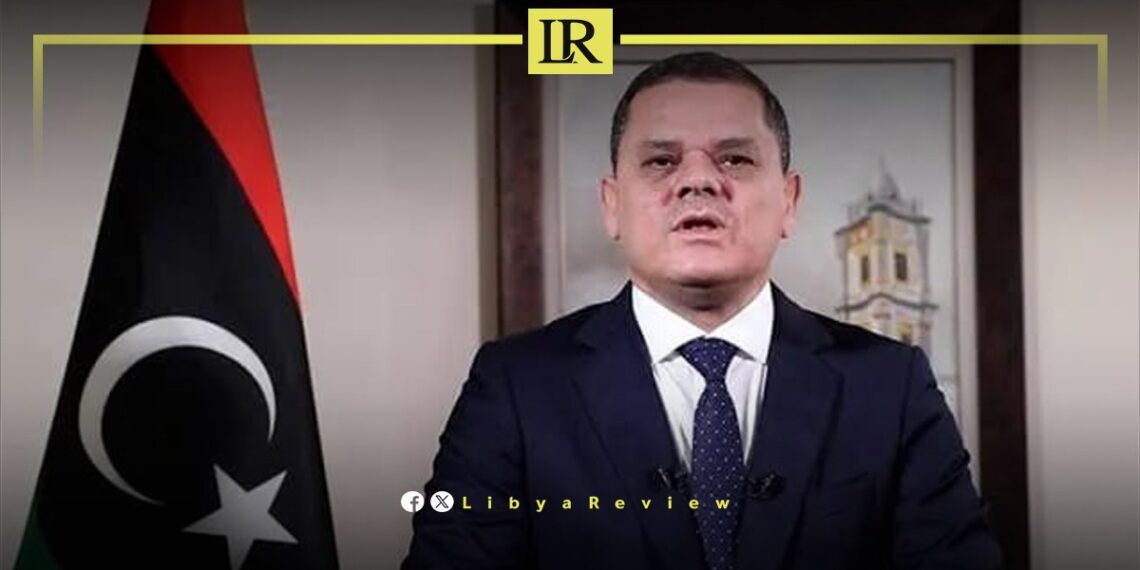Libyan House of Representatives spokesperson Abdullah Bliheg stated that Abdul-Hamid Dbaiba is violating the law by insisting on remaining as the Prime Minister of the Tripoli-based government. Bliheg warned that Dbaiba would eventually face consequences for his actions.
In an interview with Al-Masar TV, Bliheg emphasised that the House of Representatives is open to any initiative, provided it leads to the formation of a unified government tasked with overseeing elections.
He also highlighted that the continued presence of the Presidential Council and the Government of National Unity is a significant obstacle to holding both presidential and parliamentary elections.
Notably, Libyan MP Ali Al-Soul has criticised the Presidential Council, accusing it of overstepping its mandate and failing to implement the terms of the agreement that brought it to power.
In an interview with Abaaad Press, Al-Soul claimed that the Council’s authority has expired and that it has not fulfilled any of the provisions it was established to address.
Al-Soul particularly noted that the Presidential Council has disregarded its responsibilities, including asserting itself as the supreme commander of the armed forces and addressing the issue of militias in Libya.
He accused the Council of failing to take meaningful steps in finding solutions to these critical security challenges.
In his remarks, Al-Soul also took aim at the Government of National Unity (GNU), accusing it of engaging in corrupt practices from its early days.
He praised the recent decision by the House of Representatives to withdraw confidence from the GNU, calling it “a correct and constitutional decision by all standards.”
The Libyan political scene remains deeply divided, with ongoing disputes over the legitimacy of different governing bodies. Al-Soul’s comments reflect the broader dissatisfaction among some factions with the current political leadership in Libya, further complicating the country’s already fragile political landscape.
On Tuesday, the General Command of the Libyan National Army, headed by Field Marshal Khalifa Haftar, voiced strong support for the recent decision to grant Ageela Saleh, the Parliament Speaker, the powers of the Supreme Commander of the Armed Forces. This significant development marks a pivotal moment in Libya’s ongoing political and military dynamics.
In an official statement, the LNA General Command emphasized the need for both presidential and parliamentary elections as essential steps toward achieving long-term stability in Libya. The statement reinforced the Parliament’s role as the only political body in Libya elected by the people, asserting its legitimacy amid the country’s ongoing power struggles.
The General Command also underscored its commitment to fulfilling national security duties, particularly in protecting Libya’s borders with neighboring countries, as part of its standard military responsibilities.
This announcement follows a decision earlier in the day by Ageela Saleh to strip the Presidential Council of its role as the Supreme Commander of the Armed Forces, transferring these powers to the Speaker of the Parliament instead.
He also announced that 50 MPs have submitted a memorandum to terminate the mandate of Abdul-Hamid Dbaiba’s Government of National Unity (GNU).
The memorandum asserts that the government appointed by the House of Representatives (HoR), led by Osama Hammad, should be recognised as the legitimate government.


